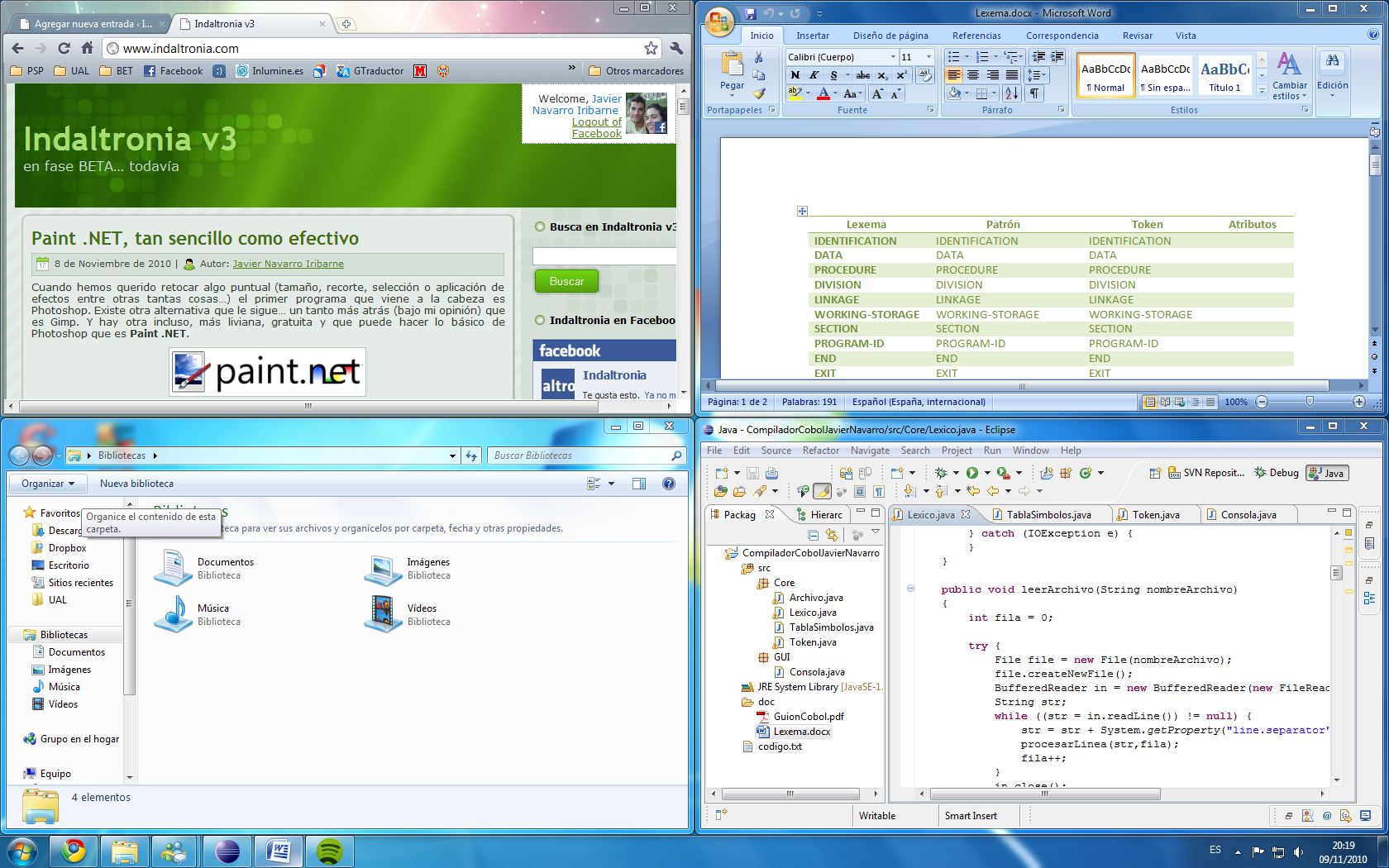A través de Genbeta he visto el siguiente video en el cual en una máquina virtual se comenzó instalando Windows 1.0 (previa instalación necesaria de MSDOS 5.0) hasta llegar a Windows 7 (actualizando siempre a la siguiente versión de Windows, pasando por ejemplo por Windows 3.1, Windows 98, Windows XP…).
Se pueden ver cosas curiosas como por ejemplo instalar en MSDOS 5.0 el Monkey Island y el Doom II, y poder seguir ejecutándolos hasta en Windows 7; o cómo mantiene el esquema de colores establecido también en MSDOS. También observar que no todo fue siguiente -> siguiente -> siguiente ya que por ejemplo surgen problemas con el formato de disco duro entre las versiones anteriores a XP y éste mismo.
Enlaces
Vis...
Ver más







Comentarios recientes